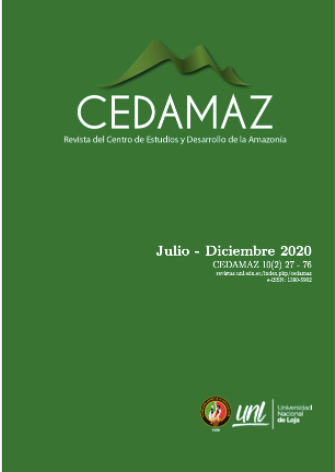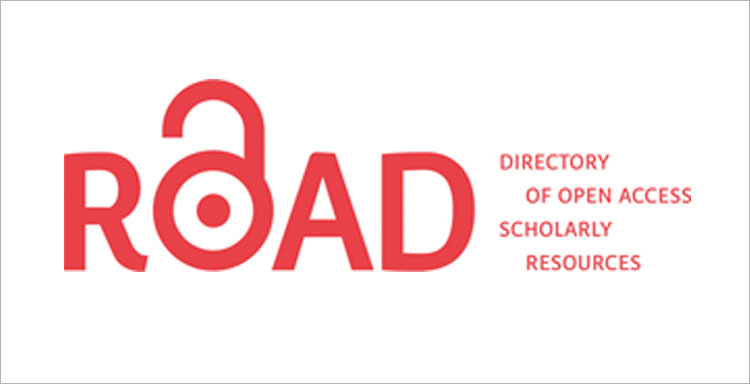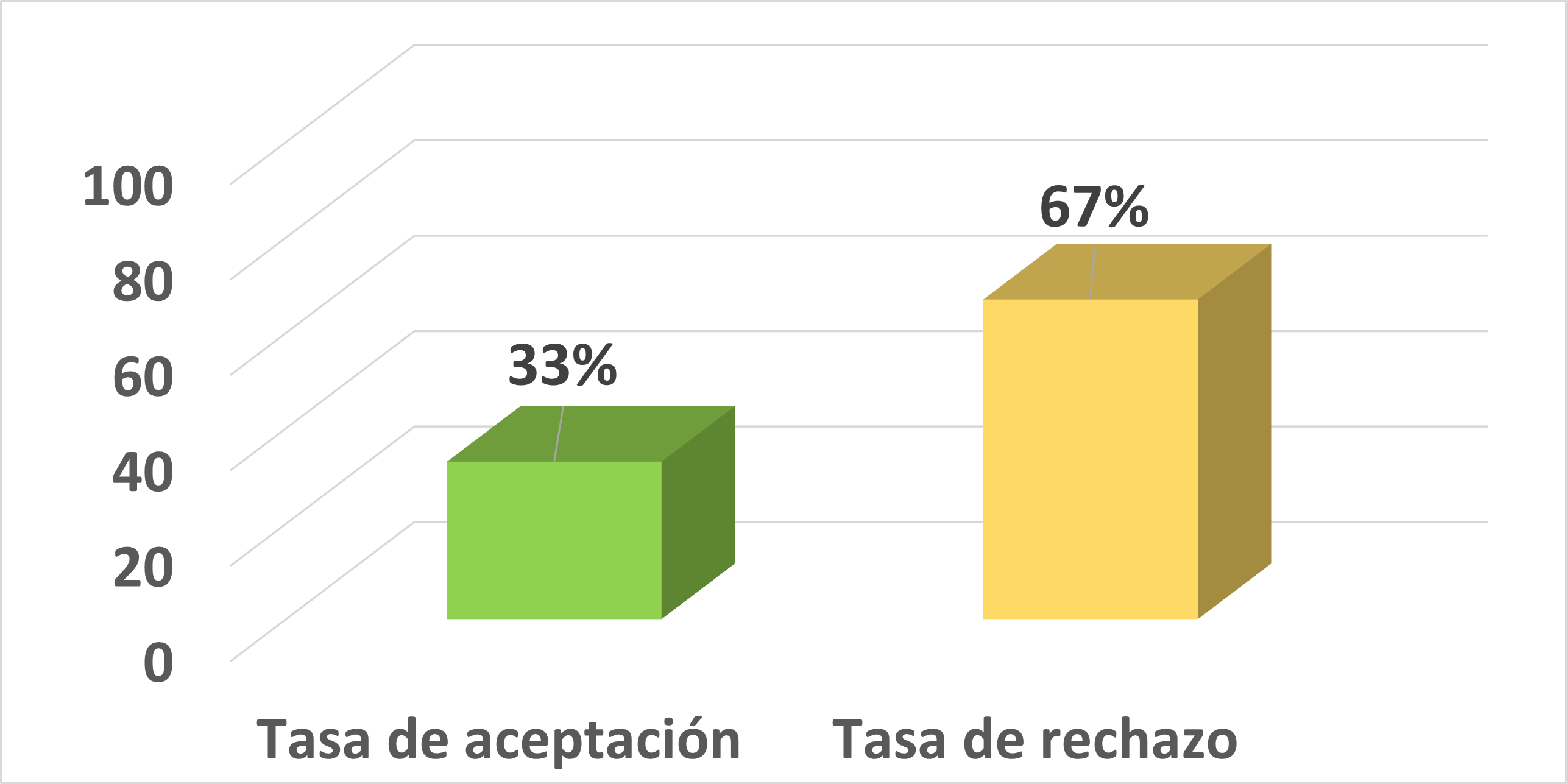Perception of pet abandonment in Quito Metropolitan District in the COVID-19 context
Abstract
During the quarantine established to stop the infections caused by COVID-19, there were increased reports of abandoned pets in the Quito Metropolitan District (DMQ); however, data on the rate of abandonment of cats and dogs in this city is not yet available. A study was carried out to find out the general perception of the citizens of the DMQ regarding this topic. A survey of ten questions was sent through social networks, with a turnaround time of eight days for responses. 751 random surveys were received, with samples from all the DMQ. The results showed that the citizens of the DMQ do perceive an increase in the abandonment of dogs and cats (80.81%). However, respondents indicated that they had not seen direct evidence of the increase, but referred only to what they have read on social networks (41.60%). Only 24.50% of respondents had observed an increase in animals roaming the streets of their sector, particularly the Zonal Administrations of Quitumbe, Calderón and Eloy Alfaro; areas of quintile neighborhoods with higher levels of poverty. Among the possible causes for this increase, almost 61% of responders believe it could be economic factors (60.89%) and 40.32% cited a lack of interest in animals. One of the most relevant aspects was the misinterpretation of municipal actions by feeding stray cats and dogs publicly, generating the wrong message for citizens who see the possibility of abandoning their own pets and letting the council take responsibility of them. Most respondents know that animals cannot be a cause of COVID-19 infection (89.71%) and consider them part of their family (89.08%).Published
2020-12-31
How to Cite
Pisco Maldonado, K. ., & Bustillos Huilca, R. (2020). Perception of pet abandonment in Quito Metropolitan District in the COVID-19 context. CEDAMAZ, 10(2), 33–37. Retrieved from https://revistas.unl.edu.ec/index.php/cedamaz/article/view/829
Issue
Section
Research Articles
License

This work is licensed under a Creative Commons Attribution-NonCommercial-NoDerivatives 4.0 International License.
Those authors who have publications with this journal, accept the following terms:
- After the scientific article is accepted for publication, the author agrees to transfer the rights of the first publication to the CEDAMAZ Journal, but the authors retain the copyright. The total or partial reproduction of the published texts is allowed as long as it is not for profit. When the total or partial reproduction of scientific articles accepted and published in the CEDAMAZ Journal is carried out, the complete source and the electronic address of the publication must be cited.
- Scientific articles accepted and published in the CEDAMAZ journal may be deposited by the authors in their entirety in any repository without commercial purposes.
- Authors should not distribute accepted scientific articles that have not yet been officially published by CEDAMAZ. Failure to comply with this rule will result in the rejection of the scientific article.
- The publication of your work will be simultaneously subject to the Attribution-NonCommercial-NoDerivatives 4.0 International (CC BY-NC-ND 4.0)









